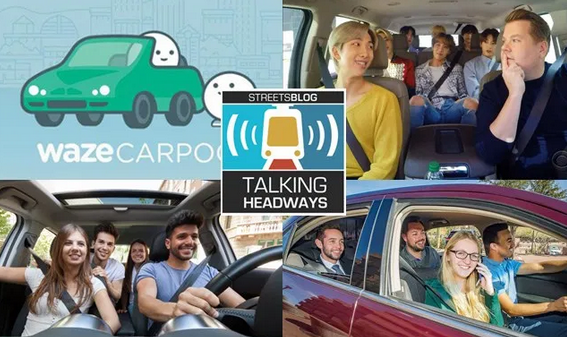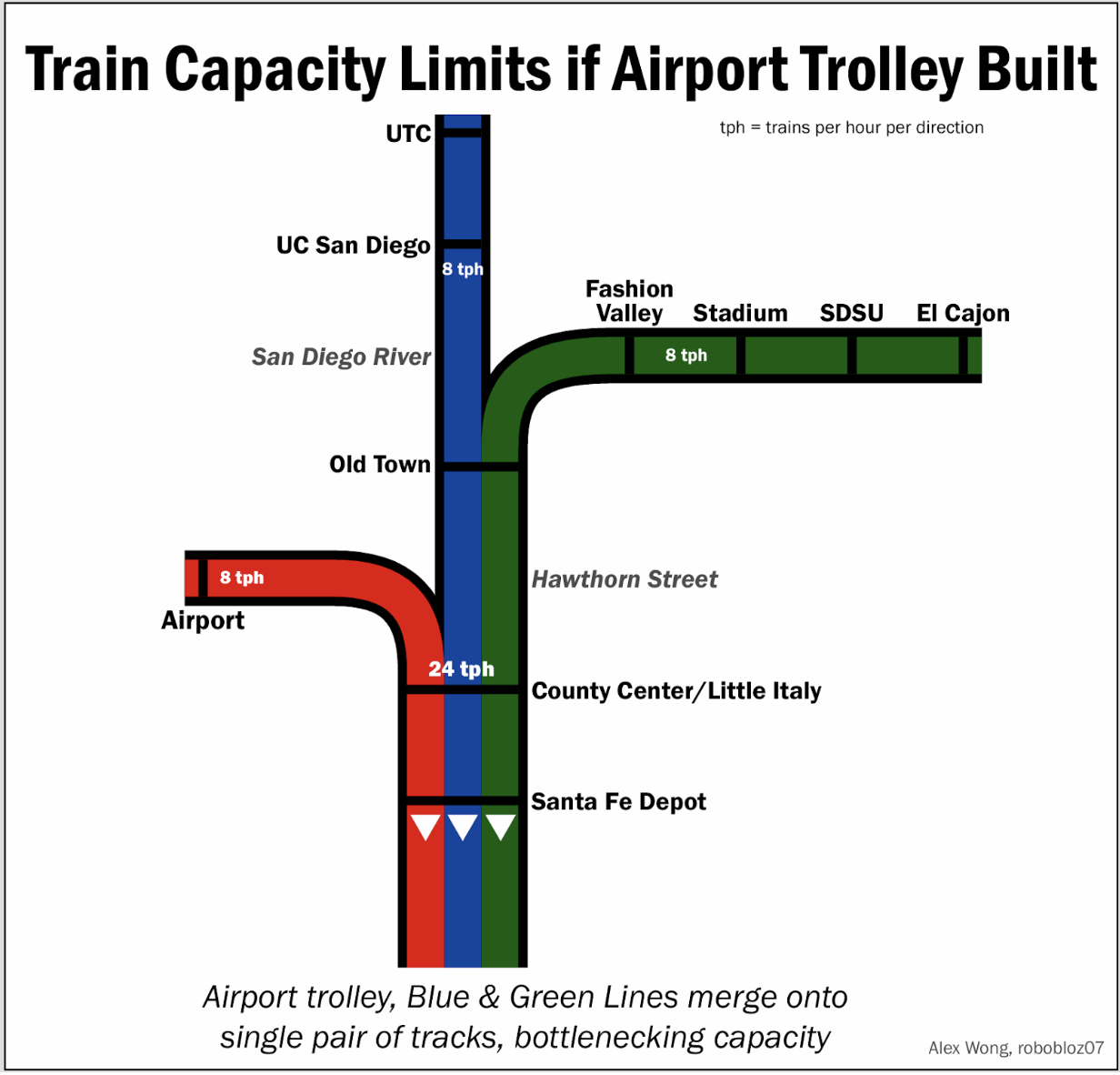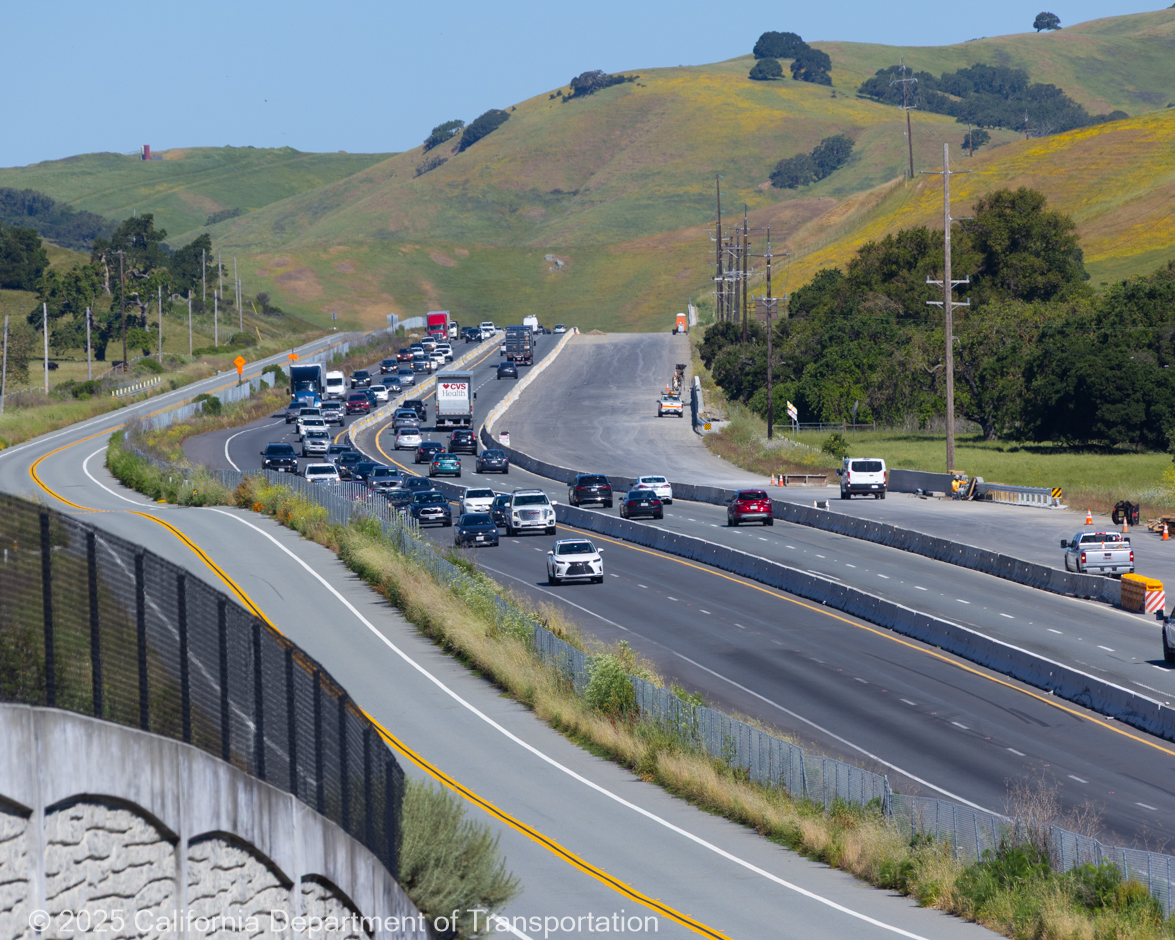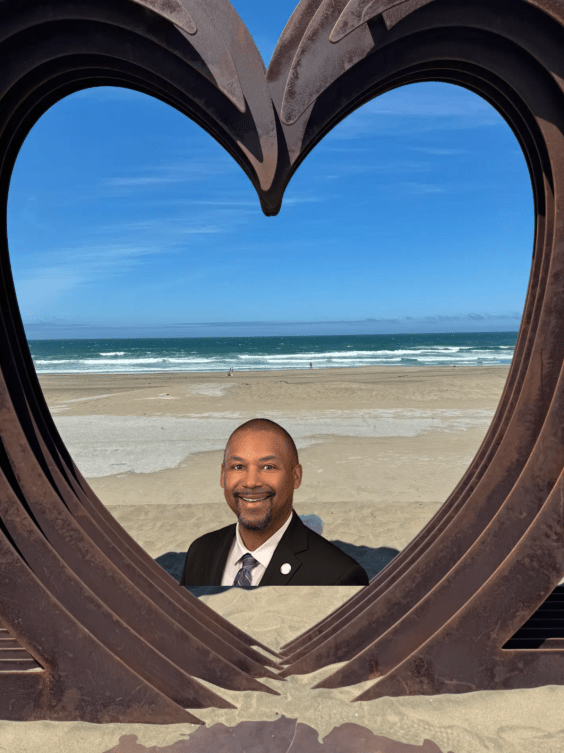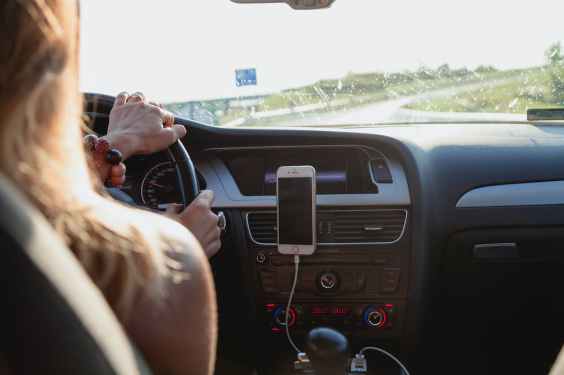This week we’re chatting with Dani Simons, head of Public Sector Partnerships at Waze. Simons chats with us about Waze’s focus on carpooling, how the company uses data to support its users, and her impressions of other country’s transportation progress.
For those who like to read rather than listen, there is a partial transcript before the player. If you want to see the full unedited transcript (with some typos), click here.
Jeff Wood: You mentioned carpooling that's something that Waze is really focused on. I'm curious how that came about. I know about the anthropomorphic bubble cars that travel around inside the program when you're driving, but why carpooling?
Dani Simons: So the mission of Waze used to be basically that we would all share information as we're driving to share reports about what going on on the road in real time. And that — together — we could all help each other save a few minutes and traffic and reduce traffic a little bit. And I think that's amazing. And when you look at what comes in through our user reports on a monthly basis, and what comes in through the data that we get from our map editors, we have, you know, 12 million users who submit reports every month. We have map editors that are making about 53 million map edits every month. ... That's incredible. And that information really does help drivers save a few minutes here and there on their trip.
But at the end of the day, the problem isn't about like, "How can we save a few minutes?" It's that there's too many of us all together on the roads every day and there's too much traffic and it's us. We are the traffic. And so our CEO Noam Bardin started to think about, "Well, how could you tap into this community?" And it really is a community. This is something that I think really makes Waze different and something I don't think I fully understood until I started working here, but people are very passionate and engaged with our app in a different way, because there is the idea of, you know, crowd-source reporting and this idea of thumbs up when you see something that someone else has reported, it's still there. [But] I think it's figuring out how you tap into that passion and then use it to make less traffic and carpool kind of grew out of that to say, "We know that everyone was using Waze is using Waze because they're sick of traffic." They think traffic sucks. And so let's engage people and empower them to do something about it beyond just reporting.
When they see it on the roadways, like, "Great, there's a traffic jam. I clicked the button." Let's actually give them a tool that they can use to make less traffic in the first place. And so that was sort of the genesis for Waze carpool, it's a peer-to-peer carpool app. ... So the idea isn't that we would have private drivers, the idea is that you're going somewhere and you can offer someone a ride in your car and we could make that an easier and more seamless experience. I think my dad used to carpool to the Smithsonian when I was a kid and it was a very analog experience. He would ask around his office to try to find someone to carpool with. You had places in offices like a bulletin board that you would tack something up and ride-sharing boards kind of sprung out of that and took it online. But it was essentially the same experience that didn't really change since the 1970s.
This adds a new layer of technology. And I think really makes it easier for people to find other people to carpool with. There's no blind matching. You can choose who you want to ride with. You can choose to do it one day a week. I think that was something from my experience in biking. And I would often hear it from women that would say "I would love to bike, but I don't think I'll be like a bike commuter." Like that seems like you have to do it five days a week, if you're a "bike commuter." People don't think they can't do that, so they say, "I can do it one day a week." I'm like, "You're still a bike commuter. You can still commute by bike." It could be, you know, flexible and it could fit into your lifestyle.
And I think the same with carpooling. This makes it easy to say, like meatless Mondays, "I'm going to do carpool Fridays and that's going be the day that I'm going to ride with someone else or give someone else a ride." And I think it helps kind of people ease into a new type of behavior. And I think it makes it feel more flexible and modern. And it's sort of in keeping with the other transportation experiences that we're having today.
~~~
Jeff Wood: In the 1970s,, it was much bigger than it is now, carpooling. And I'm curious if you have looked into why it's been reduced since then.
Dani Simons: There's a lot of reasons, but like one of the things that I know that we are well positioned to address is the thing we just talked about a few minutes ago, which is that the experience of carpooling didn't really change the '70s. You had the word of mouth to find a carpool partner, or maybe you hide your bulletin board at the office, or maybe that bulletin board went online and it's digital. It wasn't a great experience. I signed up for some carpool services that are being provided by some [organizations] and cities when I first started at Waze because I'm a nerd and wanted to do my own kind of cultural anthropology.
But all I got back from a lot of them was a list of names. Some of them had email addresses. A few of them had phone numbers and it was like, "These are the people that you might want to carpool with." And I was like, "Now it's on me to call or email 15 random strangers — some of whom have AOL or like Earthlink accounts, which seems super current." It didn't feel like the same level of convenience. It's not what we expect today in terms of our transportation experience.
So I feel optimistic that with a platform like Waze carpool and with the user base that we have of drivers that are already very passionate about Waze, we're asking them to make a pretty small change. Our app tries to optimize and minimize the deviation that you might make from your regular route, either as a driver or a rider, we try to make it really easy for you to know something about the person who might be getting in the car with you so that you don't feel like you're riding with a complete and total stranger.
We do that both through profiles and you can actually communicate with the person you want to match with through the app without exposing your phone number or your Earthlink account. And we try to make it feel like a friendly, modern experience that's sort of — and someone from Waze is going to come afterwards and yell at me for saying this — like a combo between like a ride-hailing service and a dating app and you can find your perfect match and decide to ride with them. And then maybe you become friends and maybe you talk about work and maybe you're networking, or maybe you're just meeting people in your community.
You wouldn't have met before, but you're doing something that feels, I think, empowering because that's sort of putting the power in your hands to reduce traffic. And it also feels like it's not a pain in the butt like some of the other carpool-matching programs have been in the past. Like it feels like easy to do. And so it feels like there's real potential there to nudge people into this more sustainable mode. And I, you know, we're really interested in nudging people who are driving alone today, or maybe people who are transferring between three buses and taking three hours to get into work. And that doesn't seem great for them either. Like we want this to be for people who do not have good access to transit or people who have just been traditionally driving alone.
